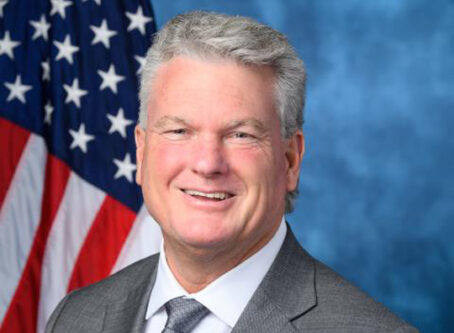Insurance company argues $6M attorney fee award is unreasonable
An insurance company that was slapped with a $21 million jury verdict for a truck-involved fatal crash wants the court to lower the $6 million attorney fee which it argues is unreasonable. The company unsuccessfully argued the crash was an act of God.
On April 8, Cypress Insurance Co. filed a request for oral arguments to dispute part of a $21 million verdict in a federal court in the northern district of Georgia. Trucker James Harper, insured by Cypress, was involved in a fatal crash after passing out behind the wheel.
Cypress Insurance is arguing two points. First, it views the $6 million award for fees as unreasonable. Under Georgia law, an award of attorneys’ fees must be “reasonable.”
Cypress Insurance calculated that $6 million is equal to a rate of $5,500 an hour.
Second, Cypress Insurance argues that Georgia state law regarding indemnity insurance for truckers may not apply in this case. Georgia requires evidence of “a policy of indemnity insurance by an insurance company licensed to do business in this state” before an intrastate motor carrier can be issued a registration. However, a 2015 amendment states failure of such evidence “shall not diminish the rights of any person to pursue an action directly against a for-hire intrastate motor carrier’s insurer.” Cypress Insurance asks the court if lawmakers intended to authorize a direct action against an interstate motor carrier’s insurer.
“This issue impacts not only the question of whether Cypress Insurance Co. was a proper party to this action but also whether Harper is at least entitled to a new trial as a result of the prejudicial impact of having the insurance company as a named co-defendant,” Cypress argues.
In the case of unreasonable attorney fees, a relevant case is currently pending in the Georgia Court of Appeals. As for the indemnity clause, neither the trial court nor an appellate court has addressed the issue before.
Attorneys for the plaintiffs do not discourage oral arguments. However, they want it to happen as soon as possible, claiming the request only delays the enforcement of the verdict.
Addressing the indemnity insurance statute, plaintiffs argue their response will be the same as articulated during trial. Therefore, there is no need to go over it again. Regarding attorneys’ fees, plaintiffs argue that the jury has spoken.
“The jury decided the reasonableness of the fees and rendered a verdict,” plaintiffs argue. “Defendants now hope to use the power of the court to overturn the decision of a Northern District of Georgia duly selected jury simply because they do not like the amount of the judgment. Georgia law entitles juries to make this decision. The decision has been made and should not be disturbed.”
In February, Cypress Insurance was found liable for a crash that killed Kip Holland in December 2016. Moments before the crash, Harper “suffered a sudden and unforeseeable medical emergency, which caused this accident,” according to a motion for summary judgment. The insurer argued that the trucker passing out was an act of God. Therefore, it was not liable for the crash.
To read more details about the crash, check out Land Line’s previous coverage here.









